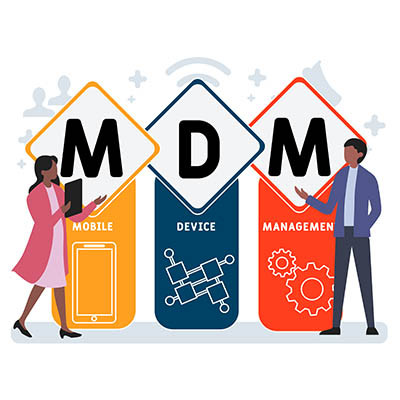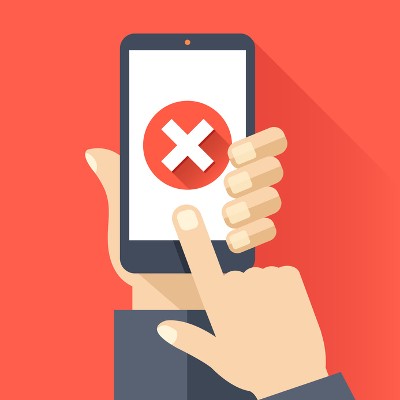Productivity is at the heart of running a successful business, but it’s not always apparent to employees how their effort translates into value for the company. Is there a way to use technology to help fuel productivity and ensure employees understand the value that their productivity provides to your organization? The right tools can eliminate barriers to productivity and allow your employees to reach their full potential.
Global Tech Solutions Blog
With remote work still widely in place, the idea of lost or stolen devices has many companies terrified. Due to this security issue, you must consider what you might do should someone lose track of one of your company’s devices. Here are four ways that you can take preventative measures to ensure that lost or stolen devices don’t become a major security risk for your business.
Mobile technology has permeated the workplace in countless ways. Many businesses will provide company-owned devices, be they laptops or smartphones, to employees so they can get work done while out of the office. This brings several opportunities for productivity into focus, but it also highlights some of the many risks associated with mobile devices.
Often smartphones are a double-edged sword for businesses: on one hand, they are a great money saver if an employee is willing to use their own for business purposes, but this does leave your business vulnerable in a few ways. Fortunately, if the benefits are something you can't function without, the vulnerabilities are simple enough to shore up with something called mobile device management.
No doubt you’ve noticed the increased use of smartphones. No matter where you go, people are on their phones. Sometimes they are using them in places you wouldn’t even imagine. For the modern business, employee smartphone usage can be a major pain in the side. Today, we’ll go into how smartphone usage helps and hurts a business and how to go about keeping employees from being on their phones for large chunks of the workday.
With more and more businesses relying on mobile devices for their business they have to be sure that the use of these devices doesn’t present security issues for the company. With all that is happening in business computing today, finding out how you can protect yourself in lieu of the prevalence smartphones play in the business world is important. Here are a few tips on how to lock it up or lose it, altogether.
Does your business use Google’s line of Android devices for business purposes? Well, you might be happy to hear about Google’s new zero-touch solution for enterprises for their Pixel line of smartphones. If you provide smartphones for your business’ employees, you know how much of a hassle it is to set up these devices. This new zero-touch policy attempts to make a change to this.
Businesses can benefit from the use of personal mobile devices in the workplace, yet there are also potential dangers in allowing mobile and Internet of Things devices to access your network. In order to reduce these dangers, you need to put some limits and guidelines on the use of such devices in the workplace.
Do you let your employees bring their own devices in for use on your company network or Wi-Fi connection? If so, we’re sure that they love the freedom that you provide for them, but we must warn you of the dangers that this can bring to an otherwise careful business. We’ll discuss some of the benefits, as well as the pitfalls, of allowing your employees to use personal devices in the workplace.
Mobile devices have a prevalent place in the modern office. In fact, a recent study by Gartner found that 80 percent of all employees bring their personal mobile device with them to work. This Bring Your Own Device (BYOD) trend comes with a host of benefits, like improved productivity and employee morale, but it increases the risk of a corporate data breach if not properly managed. How should a concerned business owner respond to this trend?











